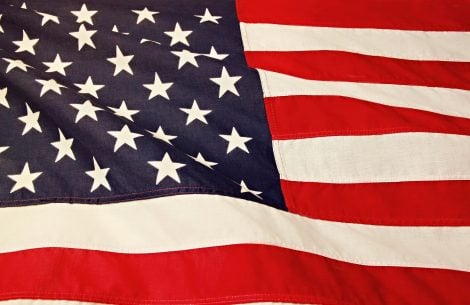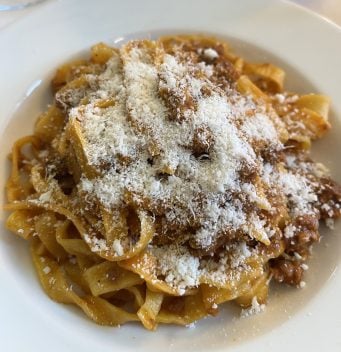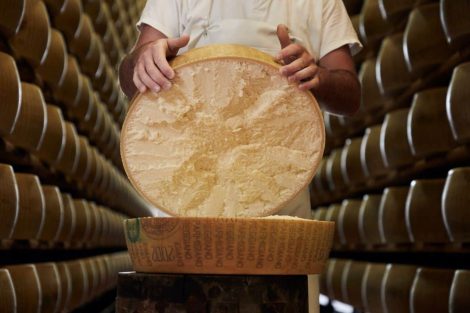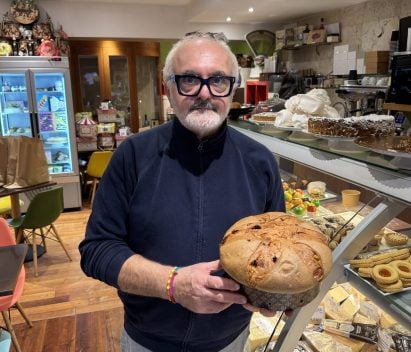While in many countries - including Italy - an increasingly dense network of "on tap" goods shops continues to develop, thus making an environmentally-friendly “loose” shopping, in some areas people are going back to the old practices of the past, which lead rediscovering trades that seemed destined to oblivion.
Home-delivered milk in London: enter the milkman
We have seen this with the "loose product" stores in Naples, a city where it's possible to find ancient shops rich in history, frozen at a time when the concept of disposable packaging was not yet widespread. Another example is London, where for some time now a figure for years forgotten is gradually (re)making its way to centre stage: the milkman, a person assigned to the door to door delivery of milk in glass bottles, a ritual often portrayed in cinema, but that today becomes normality in many areas of the city.
Milk in glass
Glass bottles as an alternative to plastic, but not only: a fundamental concept at the base of this habit is using empty returnables, returning the bottle once finished. In this way not only do we avoid producing new waste, but a circular economy is set in motion in which plastic is not generated at all. To kick off the initiative, Parker Dairies, a London dairy that distributes milk, eggs, cheese and even some other products such as honey or flour in East and Central London, with electric vehicles.
Home-delivered milk in London
The project started in 2018 and immediately proved to be a winner, thanks to the mass communication that in the last year focused significantly on the subject of plastic pollution. In fact, already in the first half of 2019, the company won 400 new customers, mostly in the younger demographic. Every week, around 34,000 pints of milk are delivered in glass bottles, which are then recovered, washed and reused.
Milk&More: younger people are more attentive to the environment
Meanwhile, in other areas of the city there's Milk&More, a company specializing in the online sale of milk, cheese and other specialties, acquired in 2016 by the Luxembourg giant Müller. Also in this case, milk is delivered in glass bottles by milkmen, and is mainly requested by consumers between 30 and 35 years: "It's very popular especially among families," said Patrick Müller, director of Milk&More, at the Evening Standard. "The milkmen offer good quality local products, and are very punctual with deliveries". But first of all they are "part of the community", people able to restore that sense of community and essential cohesion to the neighborhoods.
Home delivered milk in London, from the 70s to present day
Professional figures who return after decades: up until the mid-1970s, in fact, most of the milk in the United Kingdom was delivered by milk men door to door every morning, a percentage which then plummeted, until it reached just 3% in 2016. A trend that is now reversed involved on so many levels. Still on the subject of beverages, Mayor Sadiq Khan recently launched a three-year 750,000-pound plan to create new public fountains in the British capital, to reduce the purchase of bottled water.
Milk in glass in Italy
Even in Italy, even without milk men delivering at home, it's possible to buy milk in glass bottles. There are many distributors on tap in the various provinces (gathered on the Milk Maps platform), without counting farms and dairies. There's been lots of talk, but it's good to remember the reason why changing habits is necessary: the commercial alternative to plastic in which milk is usually sold - both cow's or vegetable - is tetrapak, a packaging that is difficult to recycle. It's a polylaminate, because it consists of several layered materials (paper, aluminum and polyethylene) and for this reason it's more complex to recycle (for those who do not have the possibility of buying glass, we remind that for trash collection in every municipality has its own rules: in many cities it's collected into the paper bin, of course only once separated by caps and other plastic components).
Of course, it would be easier - and even more fascinating - to have the possibility of receiving milk at home: a simple, environmental and affordable solution that can save a lot of waste. Will Italy follow the London model?
by Michela Becchi

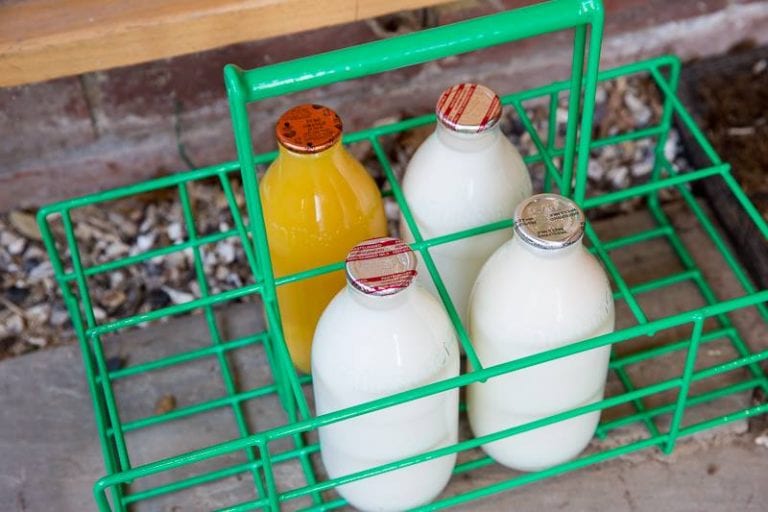
 What do sommeliers drink at Christmas?
What do sommeliers drink at Christmas? The alpine hotel where you can enjoy outstanding mountain cuisine
The alpine hotel where you can enjoy outstanding mountain cuisine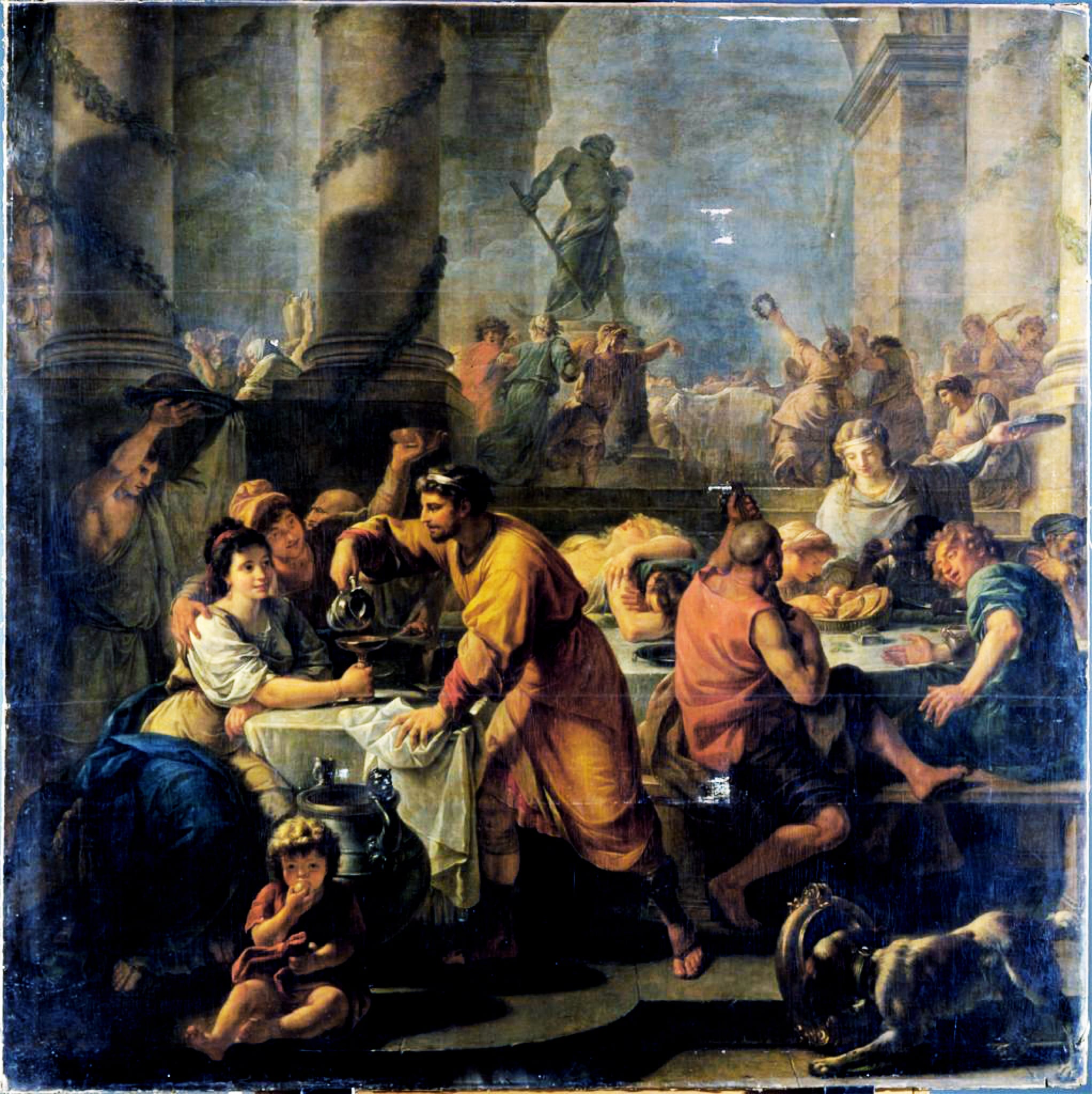 Io Saturnalia! How to celebrate the festive season like an Ancient Roman
Io Saturnalia! How to celebrate the festive season like an Ancient Roman The UNESCO effect: tourism is growing, but there is a risk of losing identity
The UNESCO effect: tourism is growing, but there is a risk of losing identity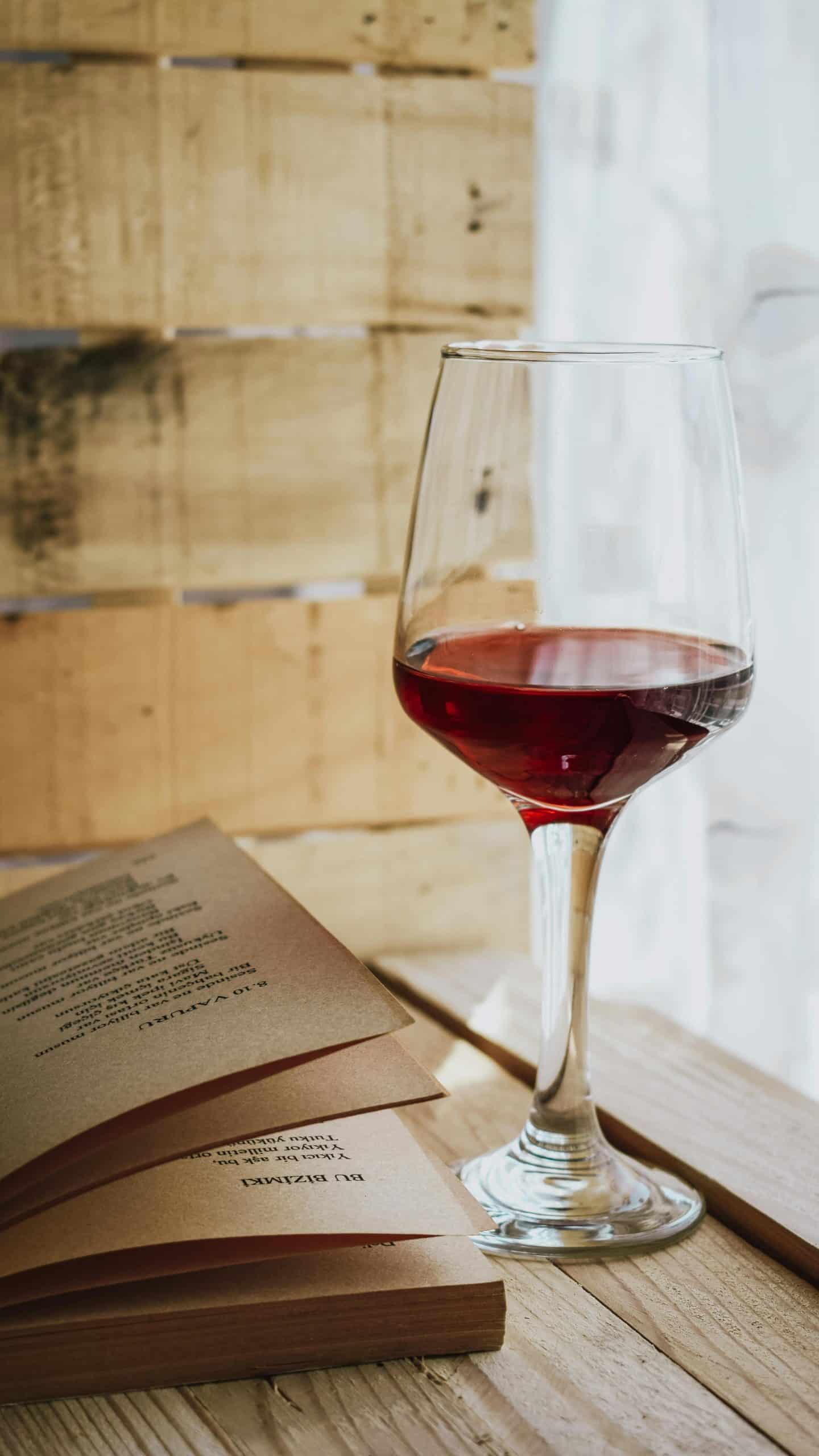 The perfect pairing? Wine and books
The perfect pairing? Wine and books